19 Daily Habits From The Longest-Living People On Earth
Have you ever met someone in their 90s who moves like they’re 60 and talks like they’ve seen it all? I used to think people like that just got lucky. Turns out, there’s more to it—and it’s not all kale smoothies or running marathons.
Real talk: most of us aren’t looking for perfection. We want to wake up feeling better, maybe even stick around long enough to see the world get a little weirder (and hopefully, kinder).
The oldest people on earth didn’t end up that way because they were obsessed with living forever. They just lived on purpose, one habit at a time. Some of their secrets are obvious, some will surprise you, and a few might even piss you off (because, yes, wine is involved).
Let’s pull back the curtain and see what actually works—in the most human, honest way I can share it.
1. Natural Movement Every Day
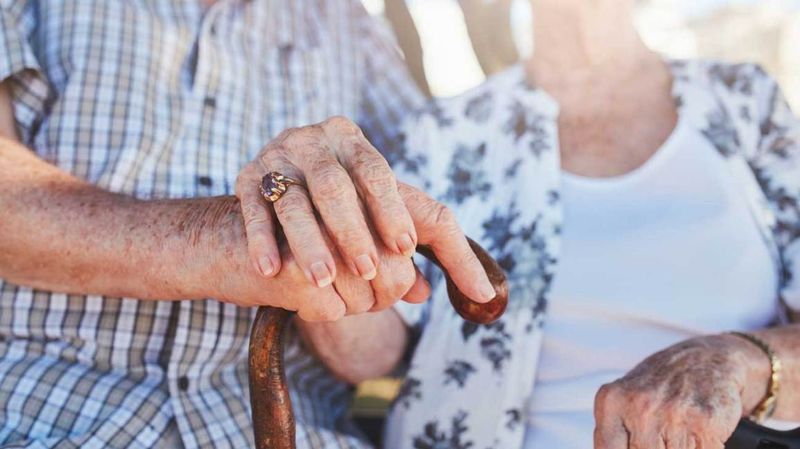
My grandmother never set foot in a gym, but her back garden was her arena. Digging in the dirt, hauling buckets, and walking to the market—she moved all day, just not in leggings or with fancy shoes.
The longest-living people don’t schedule fitness; they build it into their days. They kneel, squat, climb hills, and carry groceries because life asks them to, not because a calendar told them it was leg day. Frankly, it’s less about discipline and more about just living the old-fashioned way.
Ever notice how a walk with someone you love or working with your hands gives your brain a break? Movement that’s part of daily life feels less like a punishment and more like breathing. Maybe that’s why their joints last longer and their smiles stick around.
2. Plant-Based, Colorful Plates

Bright, messy, and full of flavor—meals in Blue Zones look more like a garden exploded than a beige buffet. People there don’t obsess about protein grams or low-carb trends. They pile up vegetables, beans, fruits, and nuts, with meat as a rare treat.
I once watched a Sardinian grandfather build his lunch: a handful of fava beans, slices of tomato, glugs of olive oil, plus bread still warm from the oven. It was simple, but his hands shook with memory as he ate. Food wasn’t just fuel; it was a tie to every meal before it.
Turns out, color on the plate means vitamins for your cells and joy for your eyes. If you’re bored with dinner, throw in something weird—purple sweet potato, chickpeas, or a fistful of parsley. The oldest among us never settled for bland.
3. Stop Eating When Satisfied (Not Stuffed)
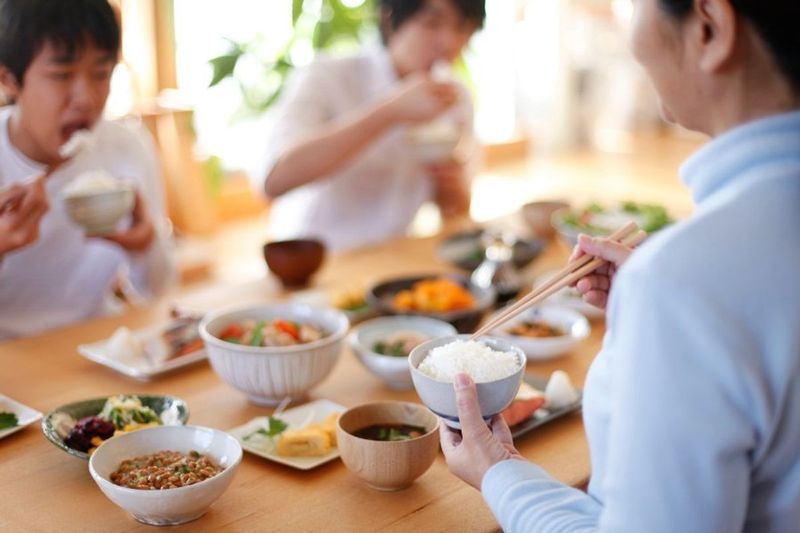
Have you ever left the table feeling like you needed to lie down and unbutton your jeans? People in Okinawa have a phrase—“Hara Hachi Bu”—that basically means: stop eating when you’re about 80% full.
That little pause is everything. It’s not about deprivation; it’s about respect—for your body, for the food, for tomorrow. Every meal becomes a check-in, not a challenge to see how much you can fit in.
I tried this once with pizza. Turns out, the last two slices weren’t as good as I imagined. The oldest people on earth leave the table satisfied, not stuffed. Maybe that’s the real feast.
4. Make Time for Real Friends

Some days, loneliness hit me like a brick. But in places like Nicoya, Costa Rica, you don’t eat alone, you don’t drink coffee alone—you show up for your people.
These friendships aren’t social media “likes.” They’re messy, real, sometimes irritating bonds that go back decades. If you break your hip or need someone to watch your grandkids, you know who to call.
They have friends who know their secrets, their scars, and where the good mangoes grow. They talk, hug, argue, and laugh until their bellies ache. Real community is the safety net we rarely admit we need.
5. Find a Reason to Get Up
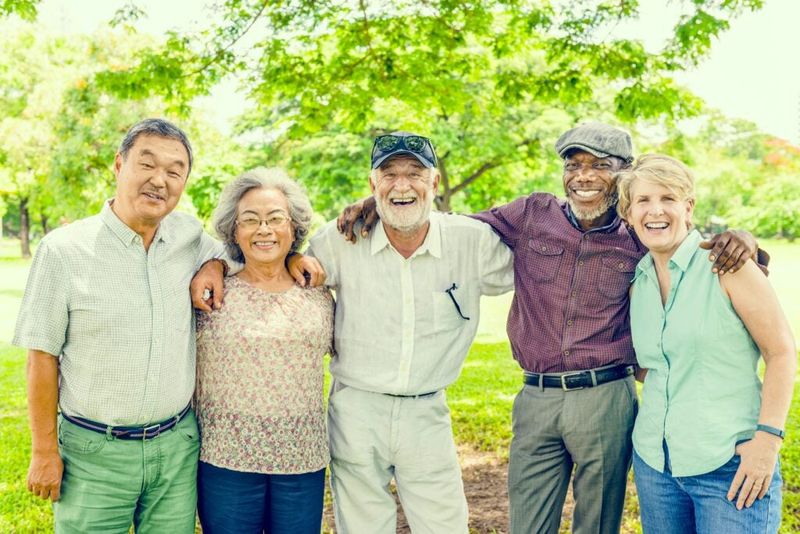
The people in these long-lived pockets have something called “ikigai” (or plan de vida). It’s not a bucket list—more like a reason to bother getting up at all.
For some, it’s taking care of a garden or grandkids. For others, it’s a job, a ritual, or a promise they made to someone who’s gone. The point is, they don’t drift through their days. They lean in, even when it hurts.
Purpose isn’t found on a vision board. It’s the thing you can’t stop caring about, even when no one is watching. These people cling to that thread and it keeps them tethered to life.
6. Enjoy Simple, Slow Food
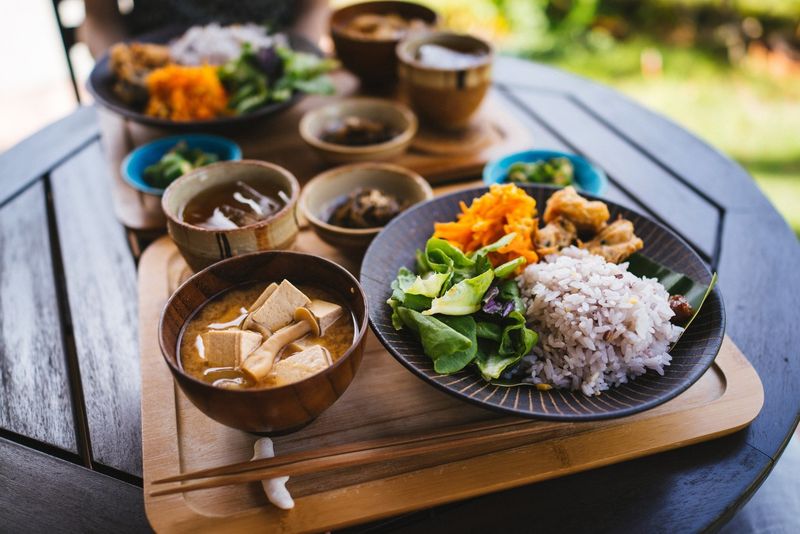
Fast food never raised a centenarian. In the world’s longest-living communities, meals are slow, from scratch, and often shared.
You’ll see grandmothers rolling dough, grandfathers stirring soup, and whole families waiting for bread to rise. The smells linger in the air for hours, and so does the anticipation.
Food made with hands, not machines, has a different kind of magic. It’s not about chasing foodie trends. It’s about making the ordinary feel sacred. They know: patience is the secret ingredient.
7. Take Rest Seriously (Naps Welcome)
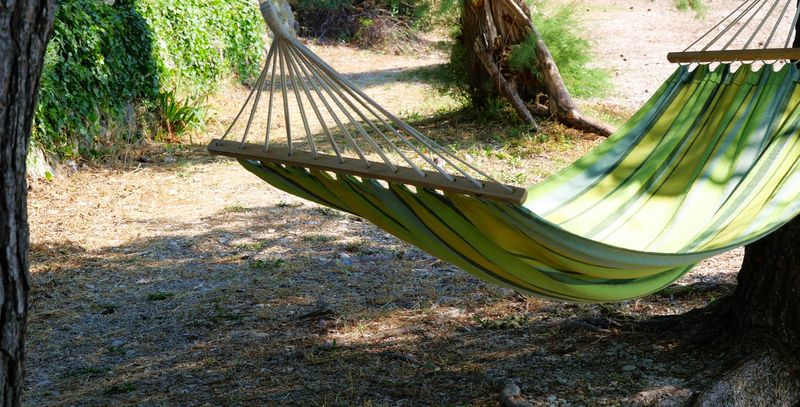
Napping isn’t laziness. In Ikaria, Greece, it’s practically a superpower. People there will lay down in the middle of the day, windows open, no alarm set.
I grew up believing you had to “push through” tiredness, but these people just close their eyes—10 or 30 minutes is enough. They don’t apologize for it, either. Their bodies, their rules.
Rest is a rebellion against a world obsessed with hustle. The oldest people protect their energy like it’s gold. Maybe you should, too.
8. Wine at Five—but Never Alone

Wine isn’t just a drink—it’s a ritual, a punctuation mark on the day. In Sardinia, people gather at five, pour a local red, and trade stories about family, politics, or the weather.
Nobody’s keeping score or sipping alone in front of the TV. The pleasure is woven into the social fabric, not hidden in shame or excess. Moderation happens naturally when you share the bottle, not hoard it.
I’m not saying you need to start drinking if you don’t want to. But there’s something about marking the day’s end with people you trust. Joy needs an audience.
9. Faith, Rituals, and Spiritual Anchors

Ever notice how rituals ground you when everything else feels chaotic? In Loma Linda, California, faith isn’t just Sunday morning. It’s woven into meals, bedtime, and even how they talk to strangers.
Some pray, some meditate, some just breathe deep and look for meaning in the everyday. It’s not about what you believe; it’s about having something bigger to lean on when the world tilts sideways.
They don’t skip their anchors, especially when life gets rough. Rituals remind them they belong somewhere, to someone, or maybe just to the day itself.
10. Do Hard Things—On Purpose
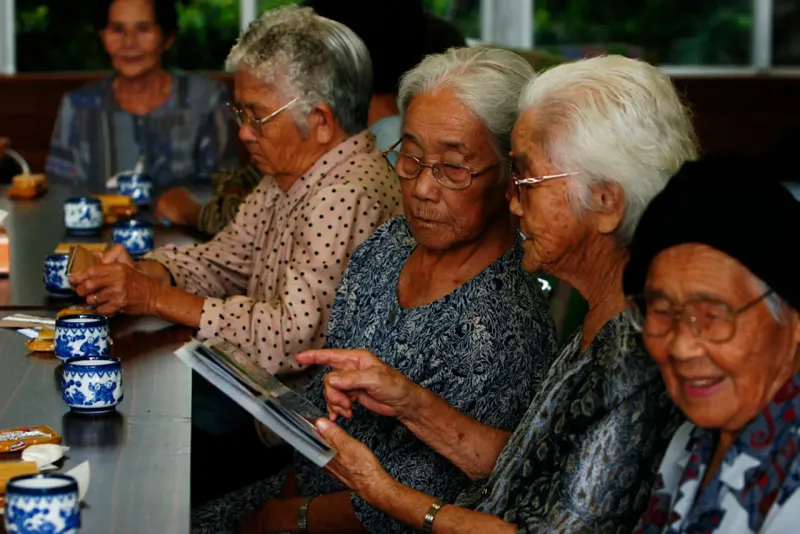
Comfort zones are cozy, but they don’t build legacies. The world’s longest-living people don’t avoid hard work; they lean into it. Whether it’s chopping wood, fixing a roof, or caring for an ailing neighbor, they say yes—on purpose.
I remember once watching an old fisherman mend nets by hand, fingers rough but eyes steady. He never complained. Doing hard things gave his life texture, like a favorite old sweater.
We grow from friction, not from ease. That’s the quiet, stubborn pride you see in those who last. They don’t wait for easy; they make meaning in the hard.
11. Respect Your Elders—And Learn From Them
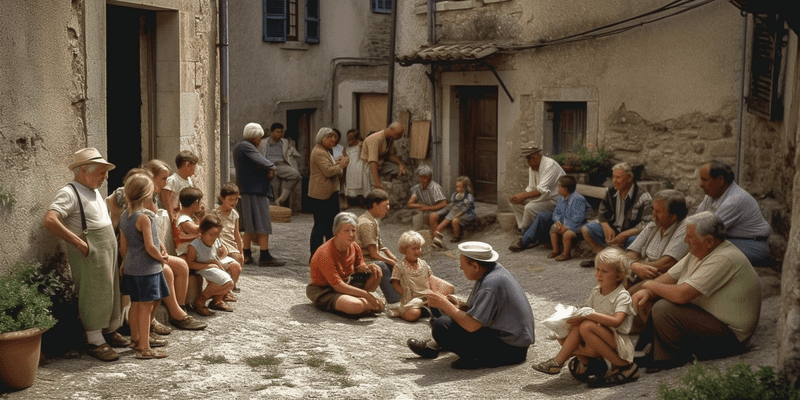
So many cultures toss their elders aside, like they’re done once the candles hit 80. In Blue Zones, the oldest person in the room is the main event—not a footnote. You listen, you ask, you learn.
Elders pass down recipes, stories, warnings, and blessings. Kids grow up believing wisdom comes in wrinkled packages. It’s a feedback loop: respect extends life, and being valued feeds the soul.
They are living libraries. You don’t skip the chance to borrow their books while you can. At times, all someone needs to keep going is to know they matter.
12. Keep Work Flexible—Never Truly Retire
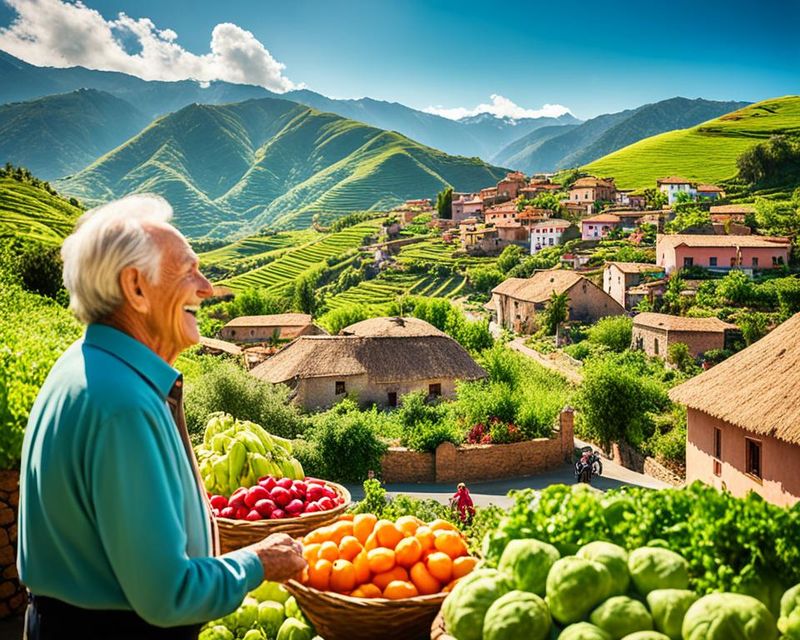
Retirement as a finish line? Not in Nicoya. The oldest folks there just keep showing up: tending orchards, fixing roofs, watching grandkids, or teaching neighbors how to do things right.
Nobody tells them to stop, so they don’t. There’s pride in being useful, even if your knees creak or your memory slips. They let themselves slow down, but never drop out completely.
Work isn’t always paid. Sometimes it’s a promise, or a habit, or just a way to keep the day from feeling empty. Staying useful is the secret handshake between generations.
13. Laugh Off the Small Stuff
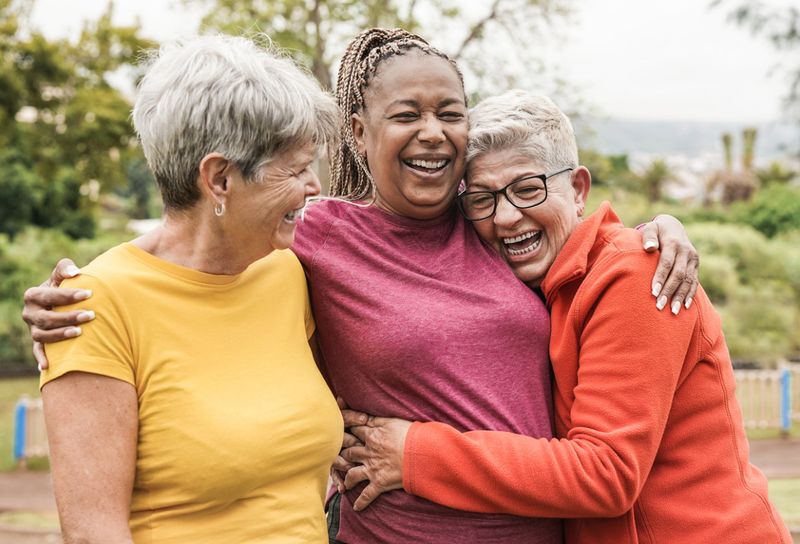
In Ikaria, someone might burn dinner or forget to lock the goat pen, and everyone just laughs—loud, honest, belly-deep. The world’s oldest people know stress is real, but so is perspective.
A neighbor’s joke or a shared memory can take the sting out of a bad day. The most resilient people I’ve met shrug off the stuff that doesn’t matter in the long run.
Humor isn’t just a coping mechanism—it’s medicine. They laugh with their whole bodies, and maybe that’s why their hearts keep going strong.
14. Grow Something—Anything
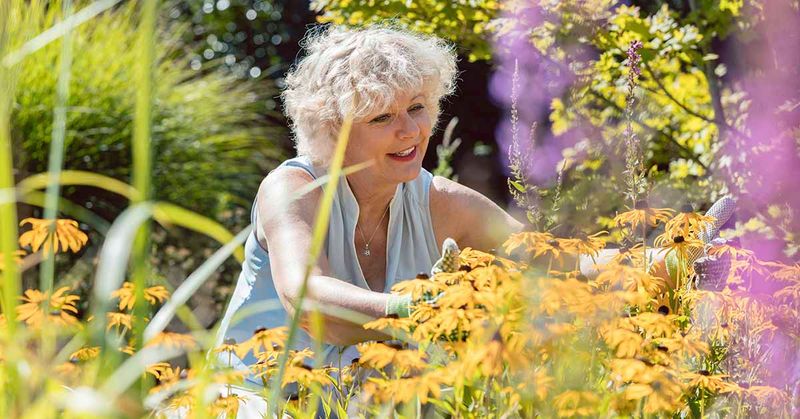
There’s a quiet magic in putting your hands in the dirt. Whether it’s a sprawling vegetable garden or a single stubborn tomato on the windowsill, people in Blue Zones grow something—anything.
It’s not just about food. It’s about patience, hope, and the thrill of seeing life sprout from almost nothing. Watching things grow is a daily reminder that the world keeps turning.
You don’t need a green thumb. You just need curiosity, a little dirt, and a willingness to let nature surprise you. The oldest among us nurture living things because it nurtures them back.
15. Sleep Like You Mean It

I used to brag about late nights, like sleep was optional. In Loma Linda, sleep isn’t a luxury—it’s a commandment. These people guard their sleep with the same care as their best secrets.
They go to bed when the sun dips, rise with the light, and keep the bedroom quiet and cool. No screens, no drama, just rest. Their bodies learn to trust the rhythm.
Eight, sometimes nine hours—every night. No shame in needing rest. The longest-living people know that deep sleep is as nourishing as a good meal.
16. Stay Curious—Keep Learning
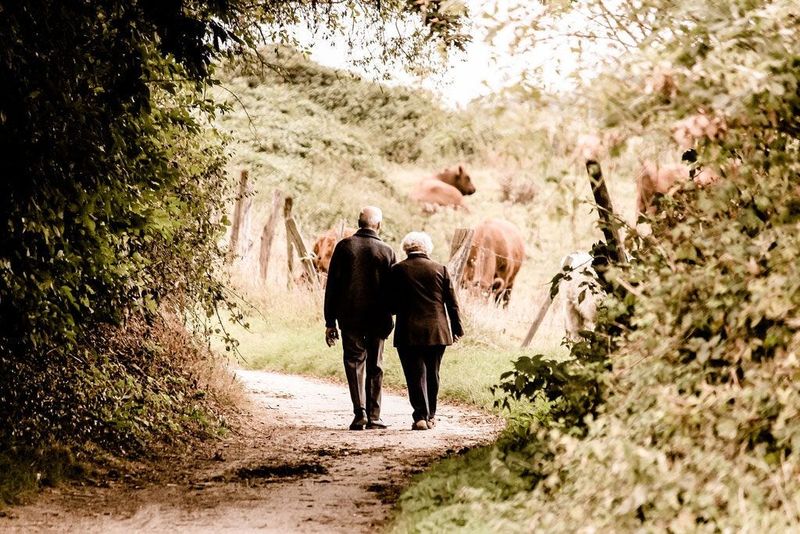
Complacency ages you faster than wrinkles. In Ikaria, I met an old man who still learned a new word every day—just because it amused him.
These people poke at the edges of their world, reading, tinkering, asking uncomfortable questions. They never stop learning, no matter how many birthdays they’ve survived.
Curiosity isn’t just for kids. It’s life insurance for the soul. When you stay curious, you give yourself permission to keep changing.
17. Live Close to Nature
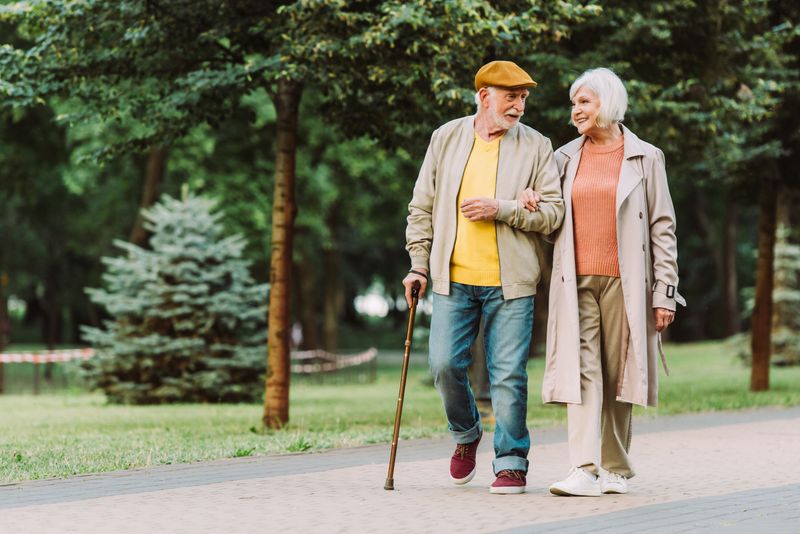
Not everyone gets to live on a mountain or next to the sea—but they spend more time outdoors than inside. They wake with the sun, work with their hands, and breathe air that still smells like earth.
My friend’s great-grandmother greeted the sunrise every morning, barefoot in dew-wet grass. She said it made her knees ache a little less.
Nature isn’t just scenery. It’s medicine, memory, and mystery. They find a way to step out, even if it’s only to the front stoop.
18. Generosity, Not Just for Show
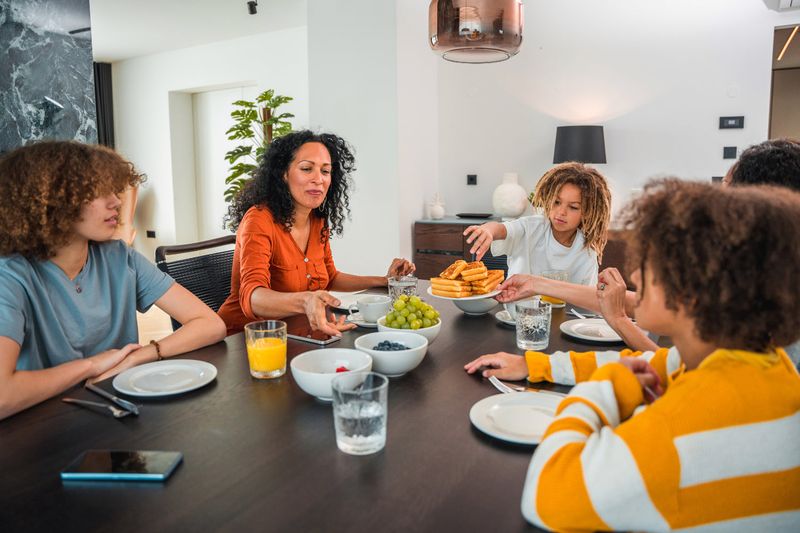
Giving isn’t a grand gesture—it’s daily, small, and sometimes inconvenient. In Nicoya, people show up for each other: food, help, a listening ear, or a ride across town.
The oldest people offer their time, their hands, and sometimes even their last ripe mango. Generosity isn’t about ego or tallying favors; it’s how they make the world feel safe.
A full life isn’t measured in years—it’s in how many people are glad to see you at their door. Simple as that.
19. Let the Day End Gently
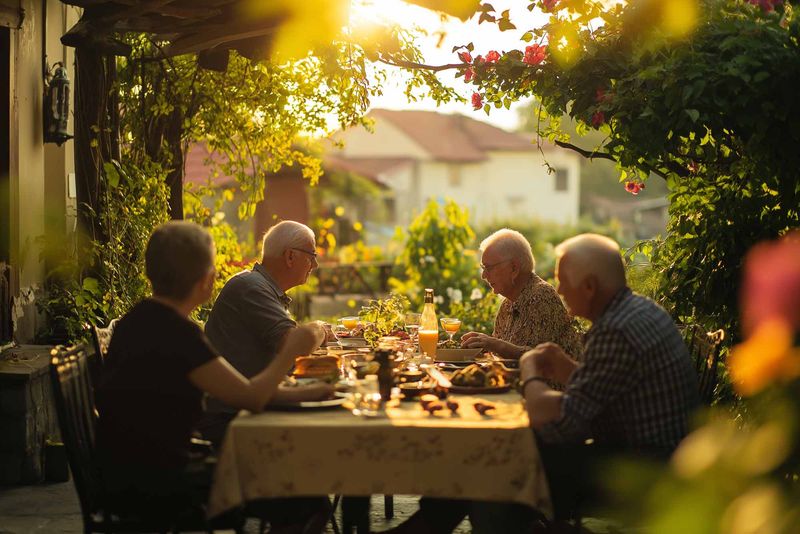
Modern life ends days with emails and to-do lists, but these people close out the light differently. In Ikaria, sunset means slowing down—sometimes with tea, sometimes with prayer, sometimes just sitting in silence.
There’s a softness to the way they let the dark settle in. No rush to get one last thing done, no scrolling in bed, just a gentle pause to mark the day’s finish.
The oldest people make space for quiet. They respect the day’s end the way you’d honor a good guest—by saying goodbye with attention.







